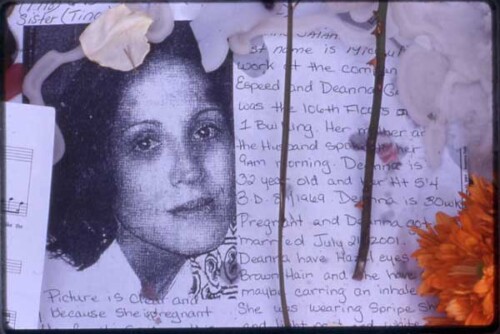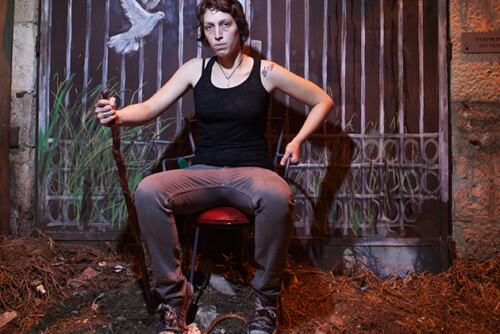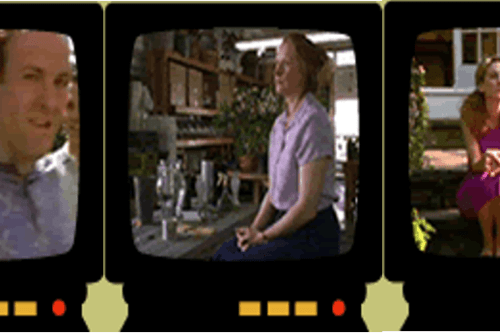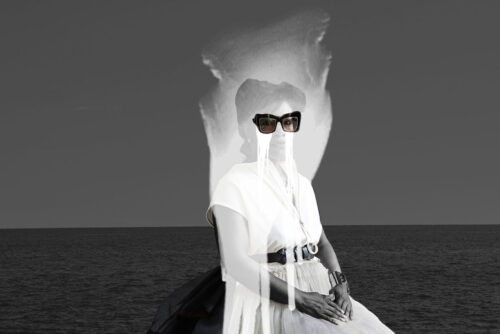The following are excerpts from the afternoon plenary session at The Scholar & the Feminist Conference XXVII on February 16, 2002.
On the “liveness” of a spectacle as a point of entry:
Anna Deavere Smith: . . . Well, in this case I don’t even care about the play, as much as the play as an excuse to convene us. So if we’re all concerned about September 11 or we’re all concerned about poverty or incarceration or any myriad of things . . . I see the possibility of a play or a painting to bring us together on that and grab our attention about that issue, that interest, and to illuminate it in another way. And to have a conversation which, I suspect, may be more fruitful than what you’ll have by watching “Washington Week” or a show on television.
You may call in to a radio . . . but also I’m anticipating that, as you develop this community, you have to speak to each other when you run into each other in Cambridge, or sitting under a tree or stuff like that.
Ann Pellegrini: So what you’re talking about is making the liveness of the spectacle a point of entry.
ADS: That’s right. And the liveness of the audience is a very important part of that. That is not just my liveness up here, our liveness up here. It’s the liveness of the audience, the occasion that they are in.
AP: Can we talk a little bit more about liveness? I was thinking that many people experienced September 11 in some form of liveness. But for many of us, or maybe most of us, we immediately went to the TV. I was telling Anna earlier about being on the 21st floor of my apartment overlooking Riverside Drive on the Hudson. And I was watching, on television, watching the buildings collapse. It never occurred to me until later to look out my window. And I could well have done that and eventually I would have seen lots of smoke outside my window. It didn’t occur to me at the moment.
It’s my distanciation by the TV. And what is it about the theater and what is it about bodies in space? That we want living contact with the person next to us. And the three-dimensionality. This is the specificity of theater. Is it live at that particular time and physical location?
ADS: Well, some people don’t like the liveness of it, in fact, and would rather experience another kind of form that doesn’t require them to be as much of a witness as we were speaking of before. It doesn’t require the same witnessing that something that is not live does, even though you’re in the dark and we’re in the light.



